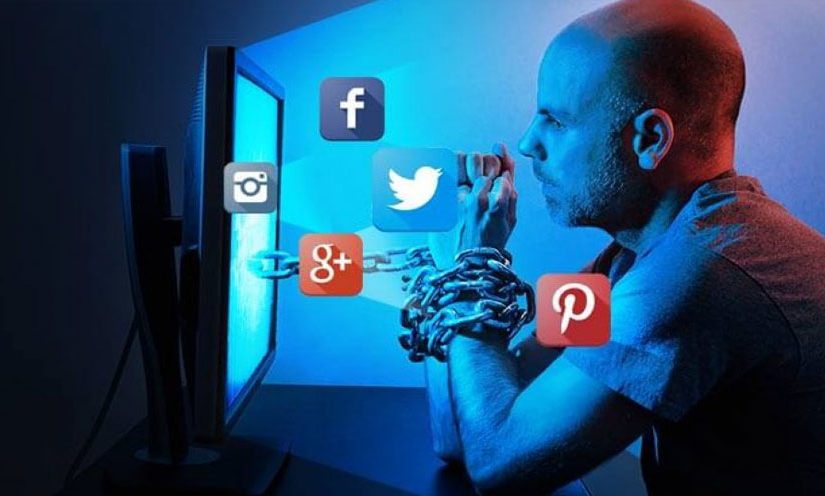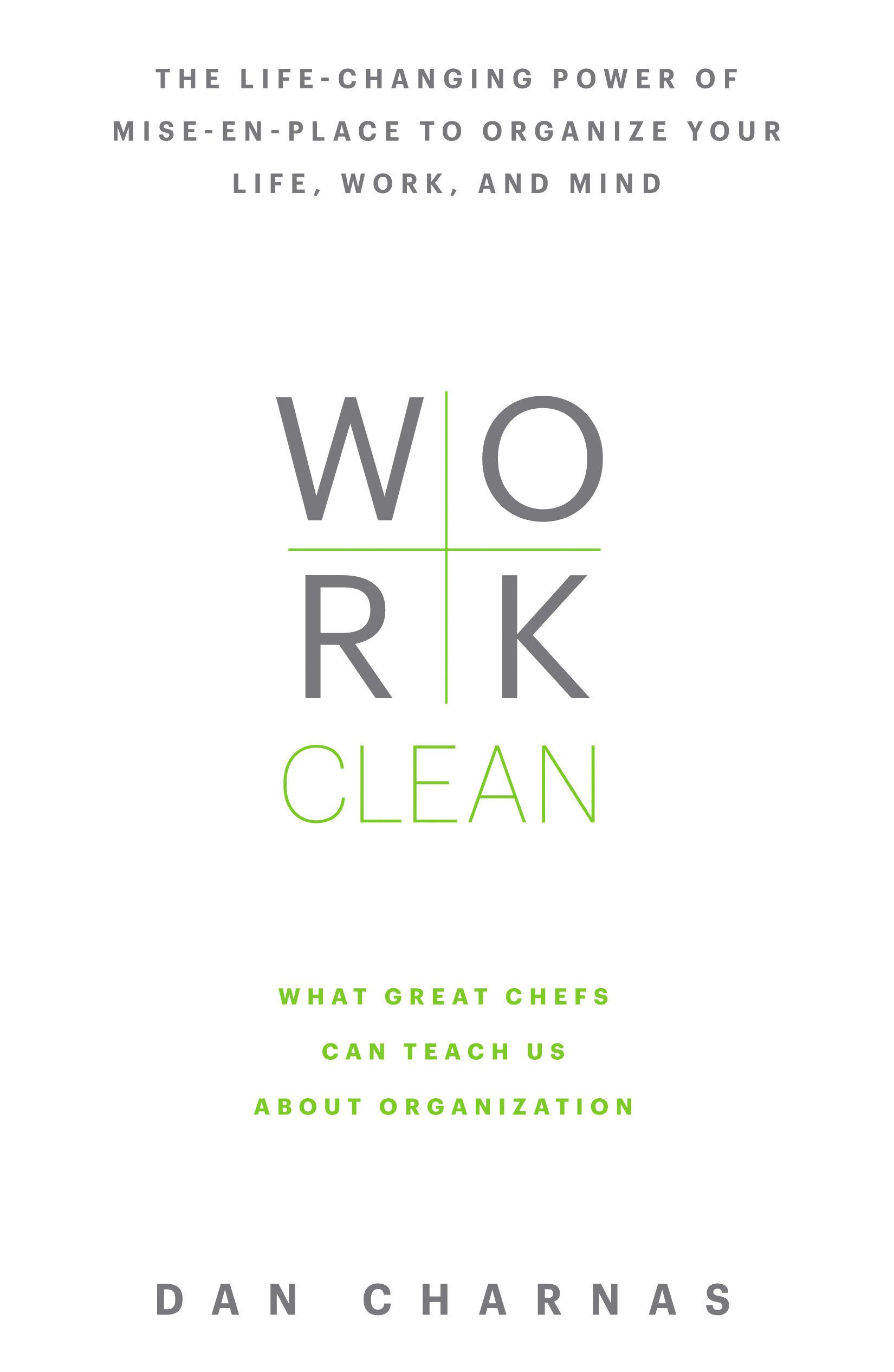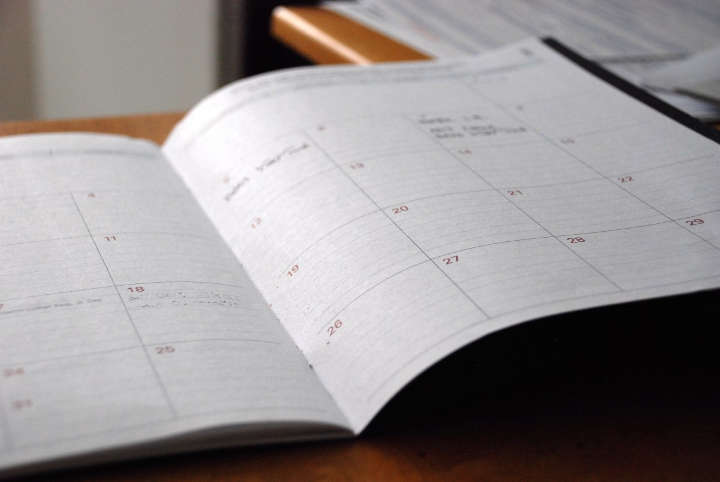When it comes to using a smartphone, I am a vetaran. This is my 9th year with an Android phone. I started from the November of 2010 with a Samsung Galaxy S running Android 2.2 Eclair. My latest phone, Honor 7, runs Oreo 8.1. I have seen my usage patterns over nearly a decade and boy, I know what addiction to a smartphone, especially to social media means. The compulsions were many. Photos had to be shared on Instagram instantly. Wherever I was, I felt the urge to check in using Swarm. I repeatedly checked my Facebook timeline for the latest from everyone and I too constantly updated my latest status. WhatsApp was constantly buzzing on my phone. My addiction peaked between 2011 – 2014.
Since then, with the help of several habit-building podcasts and books, I have successfully set up habits to de-addict myself. These habits have been so successful that I don’t touch my phone for three hours after waking up. Nor do I touch my phone between 8:30 am to 5 pm on days when I am busy with my freelance work. Finally, I have a compulsory ‘turn off all electronic screens’ time after 10 pm. My laptop shuts down automatically if I don’t stop working.
None of the methods I suggest is radical. They are simple habits that make it hard for you to get to your social media apps. If you are an addict, then this post will attempt to cure you of social media addiction too. Please let me know if they work for you. Continue reading Escaping the seduction of social media



 Book title: Work clean – The life changing power of mise-en-place
Book title: Work clean – The life changing power of mise-en-place



 Book title: Getting Things Done: The Art of Stress-Free Productivity
Book title: Getting Things Done: The Art of Stress-Free Productivity
